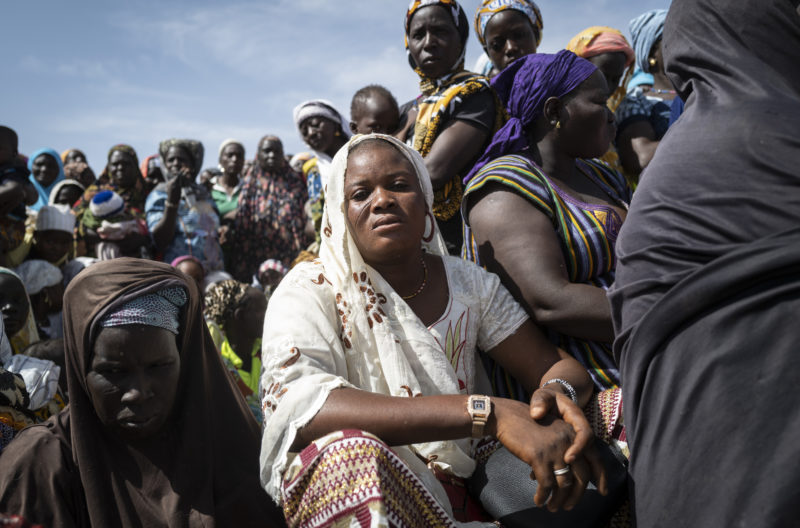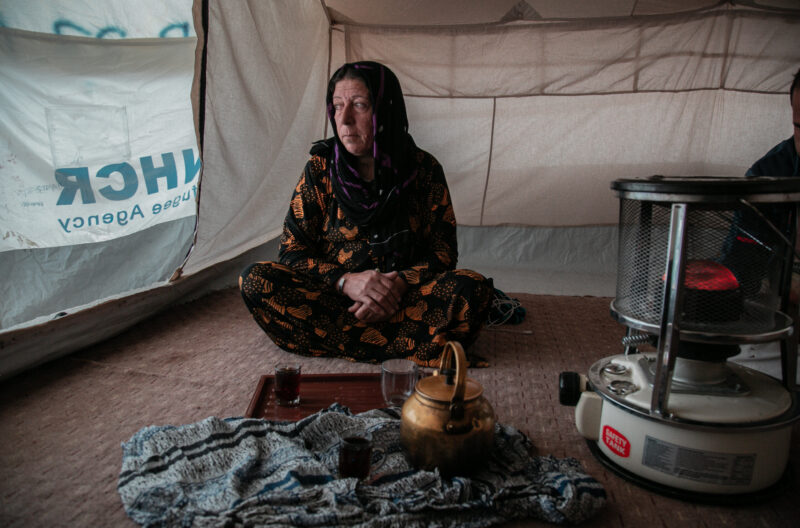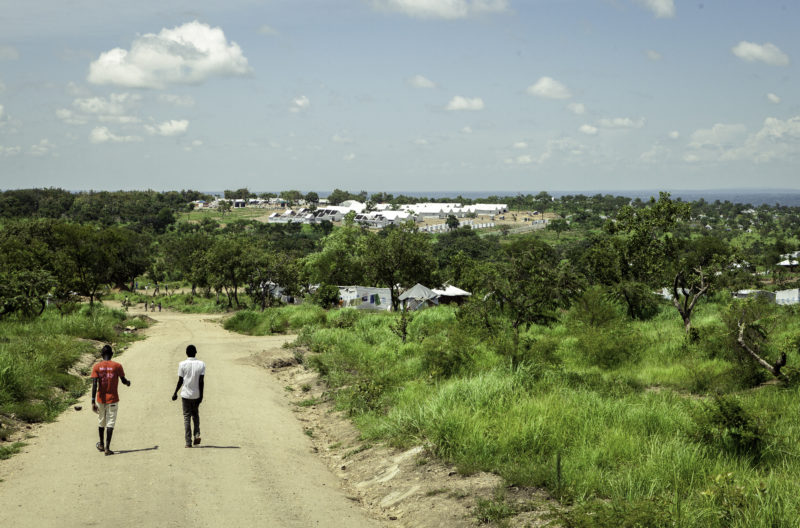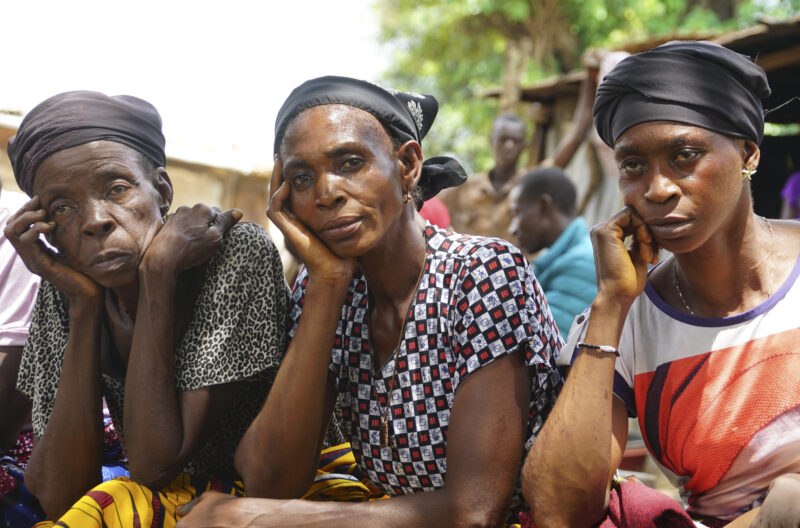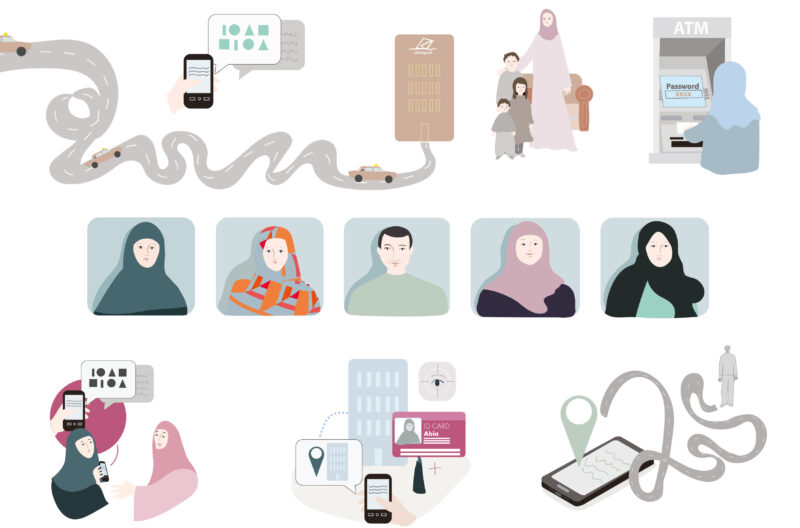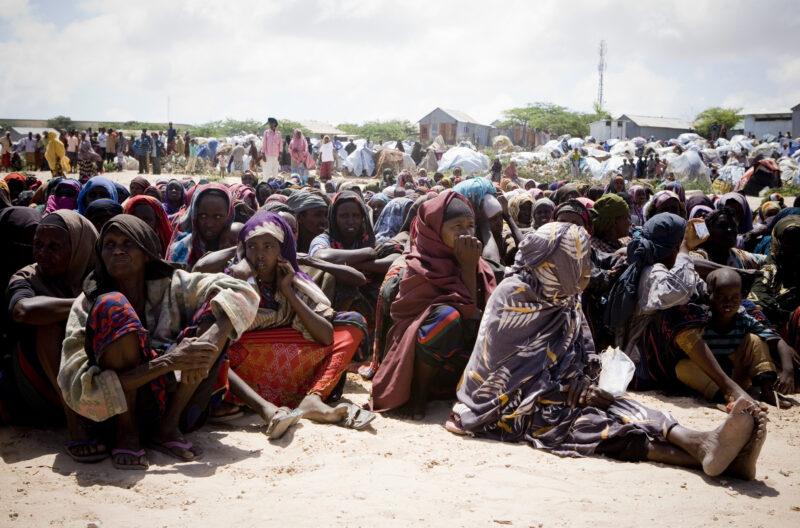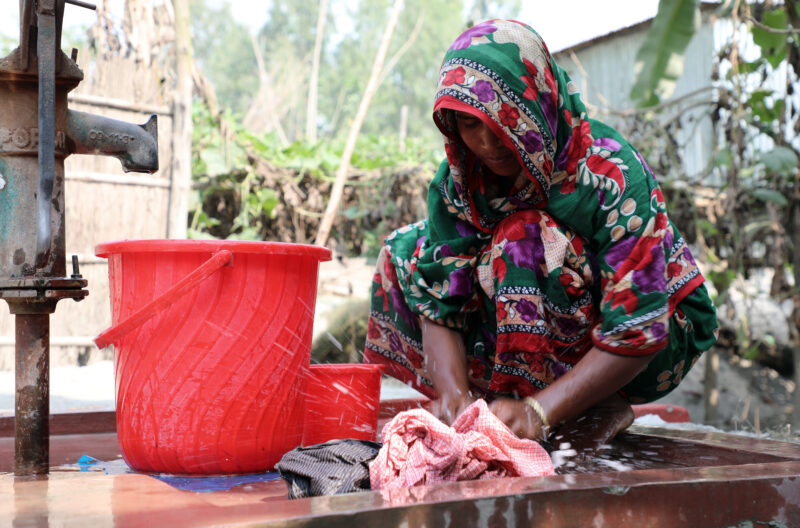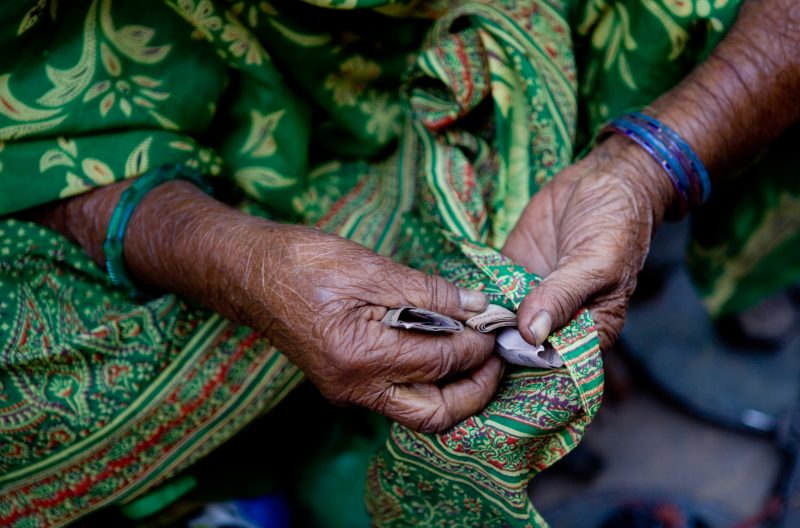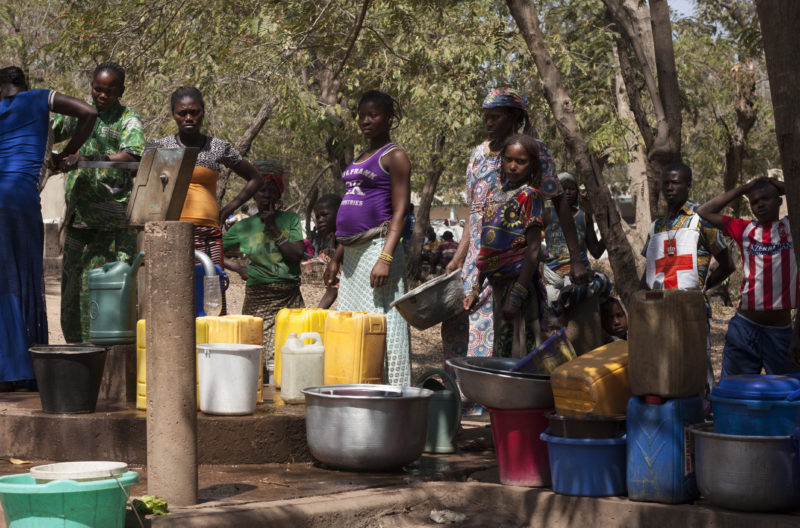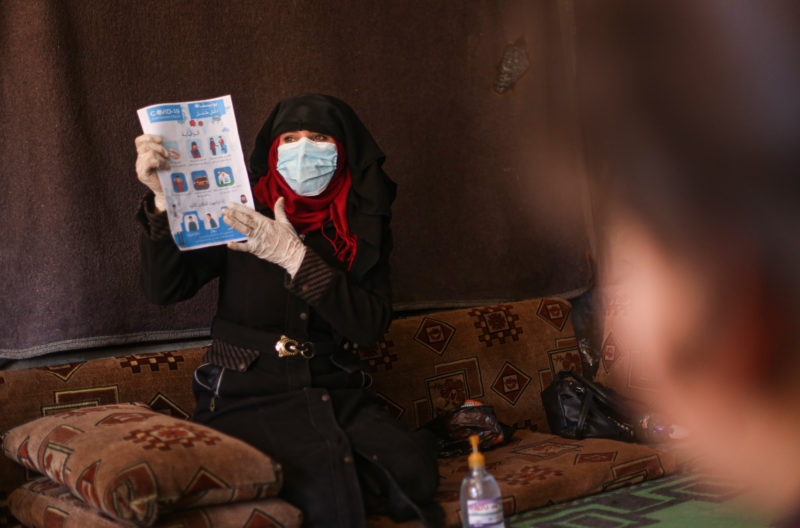Our work
COVID-19 response
Mitigation and containment of COVID-19 is dependent on people’s individual and collective actions. It is vital that the views and feedback of citizens, responders and health workers in humanitarian settings are included in programme coordination, design and implementation. Despite operational constraints, we are using a range of methods to find out what people think -- along themes of trust, information, behaviour and economic impact -- ensuring that the ongoing response is informed by and adapted to the perspectives of affected and at-risk communities. As we track perceptions in various contexts, adapting or expanding upon existing projects, global analysis will help inform research and learning for future epidemics.
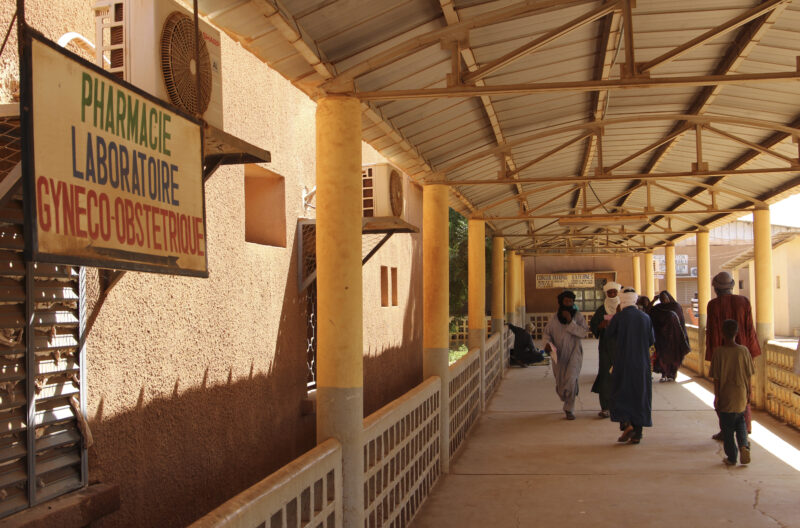
Amplifying affected people’s views of the humanitarian and COVID-19 responses in Burkina Faso
We are collecting feedback from internally displaced people and host community members in Burkina Faso regarding their views of the humanitarian aid they receive and their opinions on the current COVID-19 response.
Project status: Ongoing
Collecting community perceptions on COVID-19 in Iraq
In partnership with the UNOPS Iraq Information Centre (IIC), Ground Truth Solutions is collecting community perceptions data on the COVID-19 pandemic that will feed into the ongoing humanitarian response.
Project status: Ongoing
Community perceptions in Uganda
In Uganda, we are talking to South Sudanese and Congolese community leaders in refugee settlements across 10 regions, to capture their insight on communities’ information access, behaviours, trust and the economic impact of COVID-19.
Project status: Ongoing
The Cash Barometer in Nigeria
We launched in Nigeria in late 2019 with a survey of recipients of CVA in Borno State. Following the COVID-19 pandemic, we adapted the Cash Barometer to explore perceptions of the economic impact of the pandemic, as experienced by CVA recipients, humanitarian actors and financial service providers. A second round of surveys in Borno, Adamawa and Yobe (BAY states) was conducted in November 2020.
Project status: Ongoing
Mapping the user journeys of Syrian refugees receiving multi-purpose cash in Lebanon
In collaboration with CAMEALEON and WFP, Ground Truth Solutions explored the lived experiences or “user journeys” of Syrian receiving multi-purpose cash (MPC) assistance from the World Food Programme (WFP) in Lebanon.
Project status: Completed
The Cash Barometer in Somalia
In Somalia, the Cash Barometer builds on previous Ground Truth surveys carried out between 2017-2019 to inform the rapidly evolving humanitarian response. In-kind aid and CVA recipients across 17 regions were surveyed in September 2020 to better understand their perceptions of on-going humanitarian efforts to address recent climate and conflict related shocks, as well as the Covid-19 pandemic.
Project status: Ongoing
Camp community perceptions on COVID-19 in Cox’s Bazar
We have partnered with the Bangladesh Red Crescent Society (BDRCS) and the International Federation of the Red Cross and Red Crescent (IFRC) to find out how Cox's Bazar camp communities are navigating the COVID-19 pandemic and response.
Project status: Ongoing
Cash Barometer
The potential of cash transfer programming has been demonstrated many times over. But how does the humanitarian “cash revolution” present itself to its intended beneficiaries? What concerns do affected people have, and how can their perspectives help inform a more effective roll-out of cash-based assistance? To find out, we partnered with the German Federal Foreign Office to launch the Cash Barometer.
Project status: Ongoing
Collecting citizens and community actors’ perceptions on COVID-19 in CAR
In the Central African Republic (CAR), Ground Truth Solutions is working with UNICEF on the implementation of surveys gauging the perceptions of affected communities, humanitarian staff and other key actors on the on-going humanitarian response to COVID-19.
Project status: Ongoing
Perceptions on a pandemic inside Syria
We have partnered with the Humanitarian Needs Assessment Programme (HNAP) to hear how conflict-affected individuals inside Syria perceive the COVID-19 pandemic and response.
Project status: Ongoing
